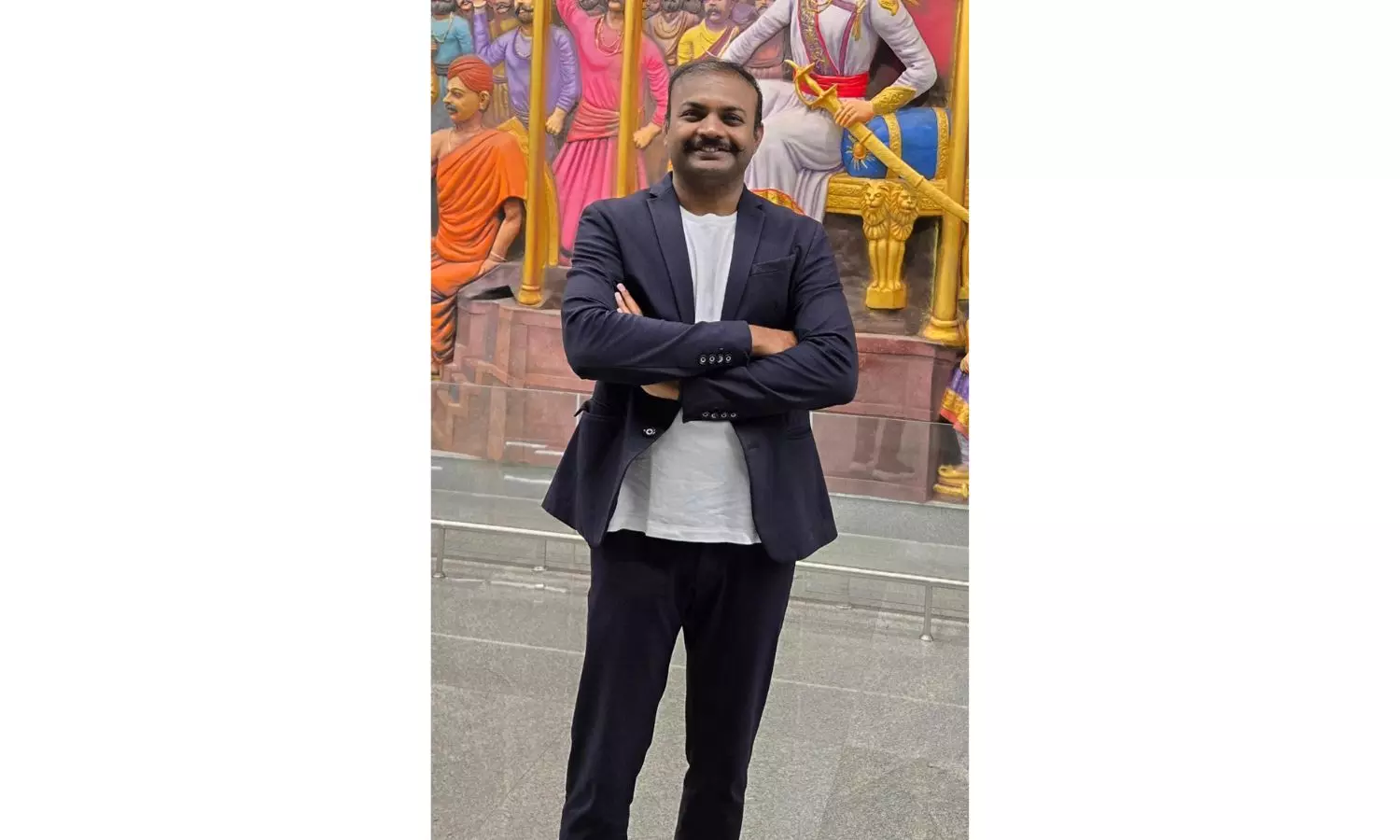Shifting Tastes: How Consumer Behaviour is Evolving in Food Delivery
Waayu is a pioneering food delivery platform that's revolutionising the way local eateries and customers connect. In an exclusive interview with Deccan Chronicle, Anirudha Kotgire, MD & Co-Founder, talks about the shifts in consumer behaviour and the benefits of Waayu's model

What shifts in consumer behavior have you observed in the food delivery space, and how do you see the market evolving?
In the past few years, customers have also turned price-conscious and value-driven and ordered low-cost food but of high quality. People are increasingly seeking transparency in the form of pricing, cleanliness, and delivery time. The market is conforming to these preferences, with a distinct tendency to platforms that minimize intermediary costs, thereby creating more value for consumers as well as restaurants. This trend is bringing the ecosystem closer together, allowing local eateries to grow and consumers to have access to varied cuisines at affordable prices.
How does Waayu's zero-commission model impact restaurants, and what benefits do they derive from this approach?
In food delivery, high commission fees often reduce how much money restaurants make. To fix this, a zero-commission model, where restaurants pay a fixed subscription fee instead of a fee for each order, is a viable strategy. Waayu uses this model to help restaurants manage their already strained cash flows and keep more of their incomex`. This also allows for more flexible pricing, direct communication with customers, and greater control over operations. Improved service and a more robust, dependable business can result from this.
What role have partnerships with restaurants, payment gateways, and delivery services played in Waayu's growth and success?
Waayu’s operations have been supported by partnerships with restaurant associations including AHAR. Waayu has its own AI algorithm that works in tandem with ONDC partners and logistics partners such as Easebuzz and Payu, and delivery services like Shiprocket and Pidge to make the process smooth. Through these partnerships, onboarding assistance has been given to local businesses. Payment gateways have been set up to ensure smooth and safe transactions for clients. Delivery service providers have been partnered with to ensure timely and efficient order fulfillment. A reliable service framework aligned with the broader food delivery ecosystem has been established through these partnerships.
As Waayu expands to more cities, what strategies are in place to ensure consistent service quality and customer satisfaction?
As expansion into multiple cities takes place, service consistency is maintained by Waayu through several key strategies. A structured onboarding process is used to align partner restaurants with quality standards. Technology systems are employed to optimize order handling and reduce errors. Customer feedback is received to support ongoing improvements. Training and assistance are provided to partners and delivery workers to ensure consistent service.
What are some of the biggest challenges facing the food delivery industry today, and how is Waayu addressing them?
Today, the food delivery industry is faced with major challenges, including high operating costs, complex logistics, and maintaining food quality throughout transportation. At Waayu, these problems have been tackled by adopting a zero-commission model, implementing smart logistics, and using technology to improve tracking and automation. Local businesses are also supported to help create a more diverse and competitive marketplace. These steps are intended to contribute to a more sustainable and customer-friendly food delivery system.
How do you balance growth and sustainability in the competitive food delivery market, and what are your long-term goals for Waayu?
Growth and sustainability in food delivery are balanced by ensuring that expansion is supported by necessary infrastructure and partnerships to maintain quality service. Quality and reliability are emphasized over rapid scaling in Waayu’s strategy. National expansion is planned while supporting local economies by providing independent restaurants with a platform to grow without high commissions. Investments in technology are planned to improve user experience, automate processes, and optimize logistics. Environmentally sustainable practices, such as in packaging and delivery, are adopted to reduce the impact of expansion. Economic, technological, and environmental factors in the food delivery industry are aimed to be balanced through this approach.

